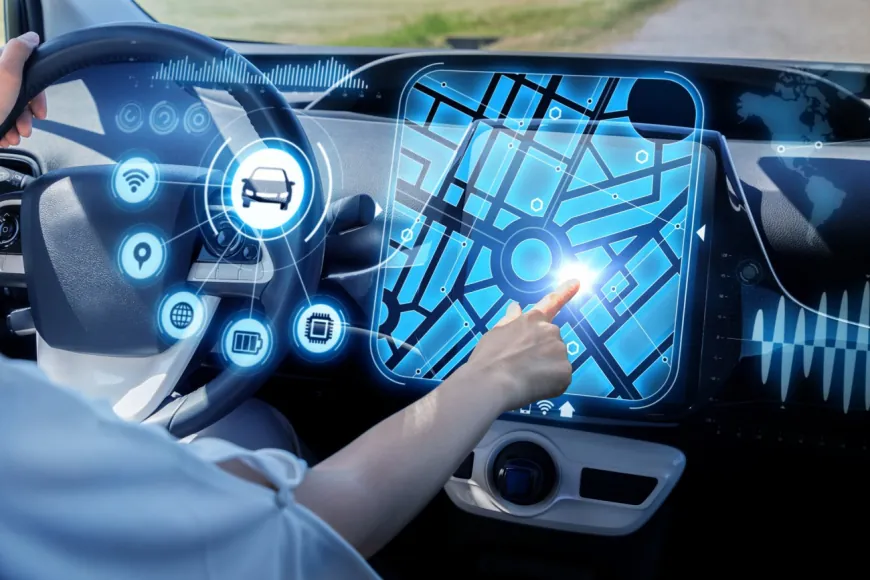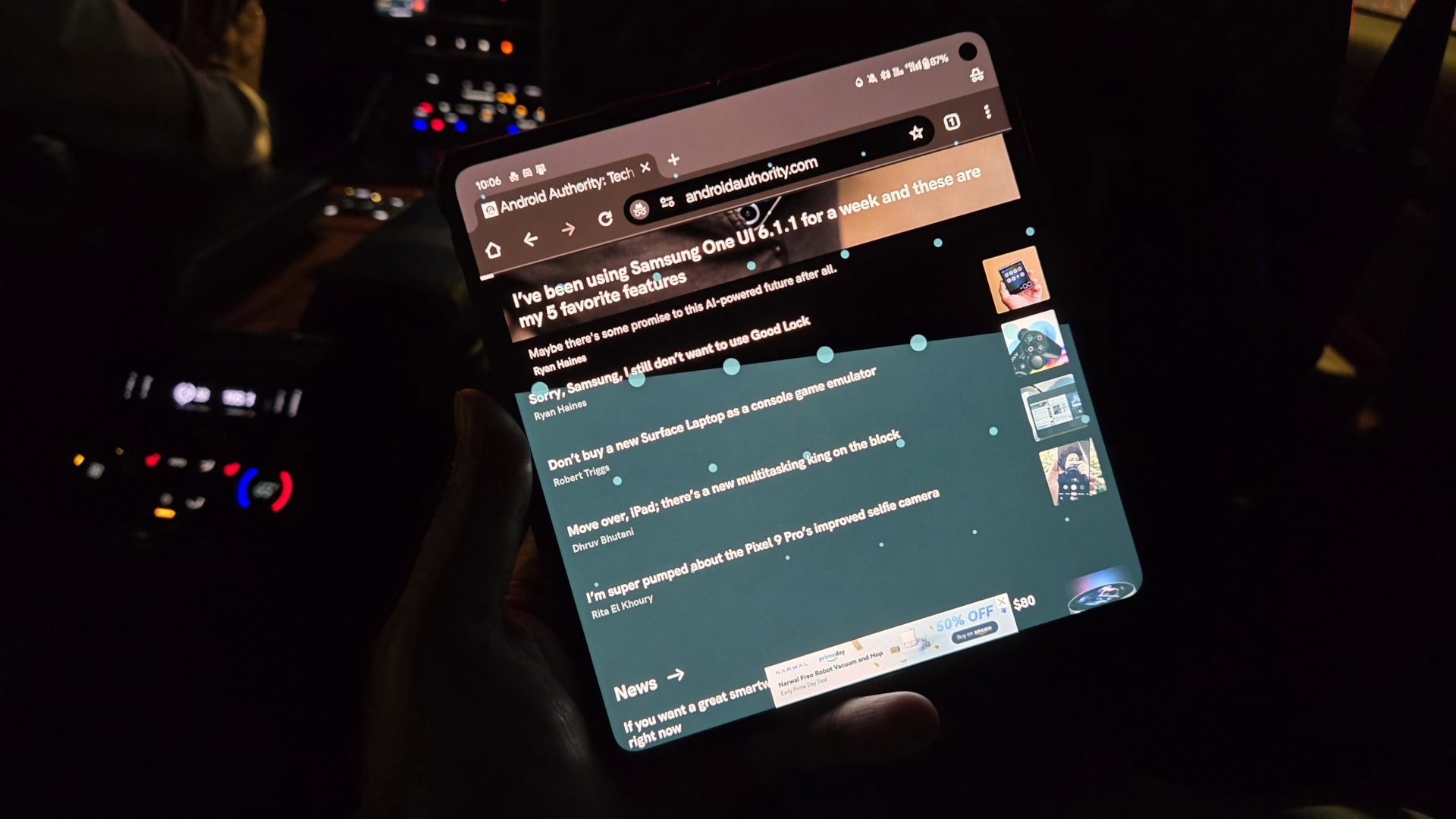Automotive Voice Recognition System Market is Anticipated to Witness High Growth Owing to Rising Integration of Advanced Technologies in Vehicles
The Global automotive voice recognition system market is estimated to be valued at US$ 2.3 Billion in 2024 and is expected to exhibit a CAGR of 15%

The automotive voice recognition system market has witnessed significant growth in recent times. Automotive voice recognition systems enable drivers to control infotainment functions like making calls, selecting radio stations, or obtaining directions via voice commands. These systems analyze the voice signals of occupants and interpret spoken commands to carry out desired operations. With technology giants heavily investing in artificial intelligence, automotive voice recognition systems are becoming more intelligent and efficient. Advanced AI-powered systems can recognize natural speech, understand contextual meaning, and feature customizable user profiles.
The Global automotive voice recognition system market is estimated to be valued at US$ 2.3 Billion in 2024 and is expected to exhibit a CAGR of 15% over the forecast period 2024-2031.
Key Takeaways
The Automotive Voice Recognition System Companies are Microsoft, Nuance Communications, SoundHound, Anthropic, and Sensory.
Key opportunities in the market include developing highly accurate systems for in-vehicle control of advanced driver-assistance systems and self-driving functions. Automakers are also investing in customizable assistant personalities and multi-language support.
Artificial intelligence has allowed voice recognition to transition from individual command-focused systems to contextual conversational assistants. Automakers are implementing advanced natural language processing, deep learning, and neural networks to develop more human-like assistance.
Market Drivers
Growing demand for enhanced safety, convenience, and connectivity in vehicles has compelled automakers to integrate voice control into infotainment head units and dashboard interfaces. Voice recognition offers a completely hands-free interface and prevents distracted driving. Safety regulations limiting smartphone and screen interactions while driving are also fueling the adoption of voice control systems.
Challenges in Automotive Voice Recognition System Market:
The Automotive Voice Recognition System Market Demand is facing certain challenges. One of the major challenge is the accuracy of voice recognition systems installed inside vehicles. There are several internal and external noises in a vehicle which makes it difficult for these systems to accurately recognize speech commands at all times. Adverse weather conditions like high wind speeds can further deteriorate the accuracy. The complexity of speech and presence of multiple speakers in a vehicle also poses challenge to these systems. Training the voice recognition systems to understand commands in different languages and accents of various regions is another difficulty faced by manufacturers. Meeting consumer expectations around seamless hands-free connectivity while driving is also a challenge given current technology limitations. Keeping the systems updated with latest commands and improving response time through over-the-air updates is another challenge area. Ensuring privacy and security of data collected through these systems is also a concern.
SWOT Analysis
Strength: Ability to enable hands-free operation of various vehicle functions through voice commands helps improve road safety. These systems are becoming more affordable and standard in luxury and mid-range vehicles.
Weakness: Issues around accuracy of speech recognition, especially in noisy vehicle environments. Limited language and regional accent support. High computing power and memory requirements increase costs.
Opportunity: Growing demand for advanced driver assistance systems and infotainment features in vehicles worldwide presents huge market potential. Integration of AI and machine learning can help address current limitations over time.
Threats: Stringent regulations around distracted driving may impact demand. Privacy and security concerns around data collection can undermine consumer acceptance. Stiff competition from virtual personal assistant vendors like Alexa, Siri, etc.
Geographical Regions
In terms of value, the automotive voice recognition system market is currently concentrated in North America and Europe due to high vehicle production and presence of global automotive brands.
However, the Asia Pacific region is expected to witness the fastest growth going forward supported by rising vehicle sales, advancing technology adoption and making of affordable vehicles with added features. China specifically is emerged as major manufacturing hub and one of the fastest growing market for automotive voice recognition systems.
Get more insights on Automotive Voice Recognition System Market
About Author:
Ravina Pandya, Content Writer, has a strong foothold in the market research industry. She specializes in writing well-researched articles from different industries, including food and beverages, information and technology, healthcare, chemical and materials, etc.
What's Your Reaction?
 Like
0
Like
0
 Dislike
0
Dislike
0
 Love
0
Love
0
 Funny
0
Funny
0
 Angry
0
Angry
0
 Sad
0
Sad
0
 Wow
0
Wow
0

















































